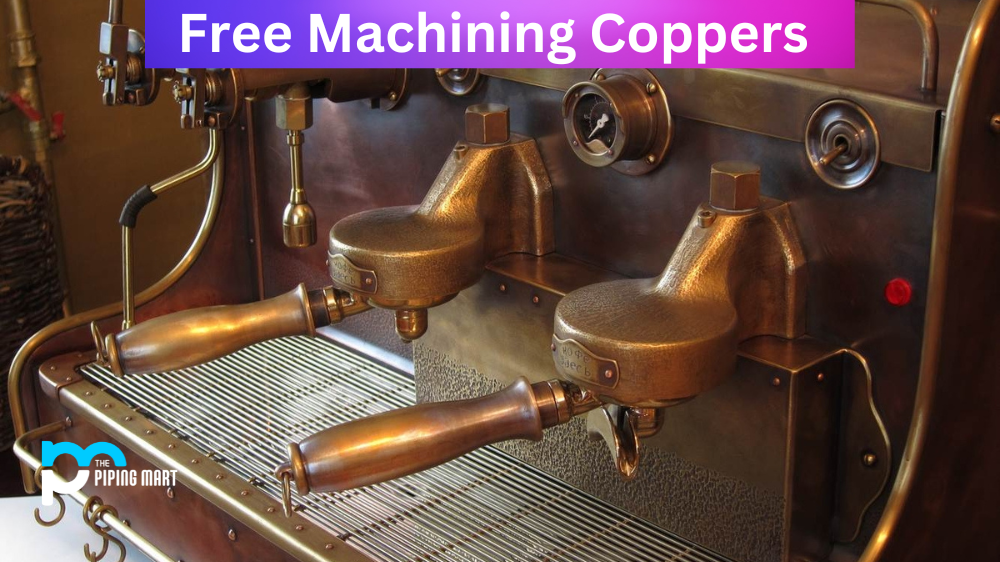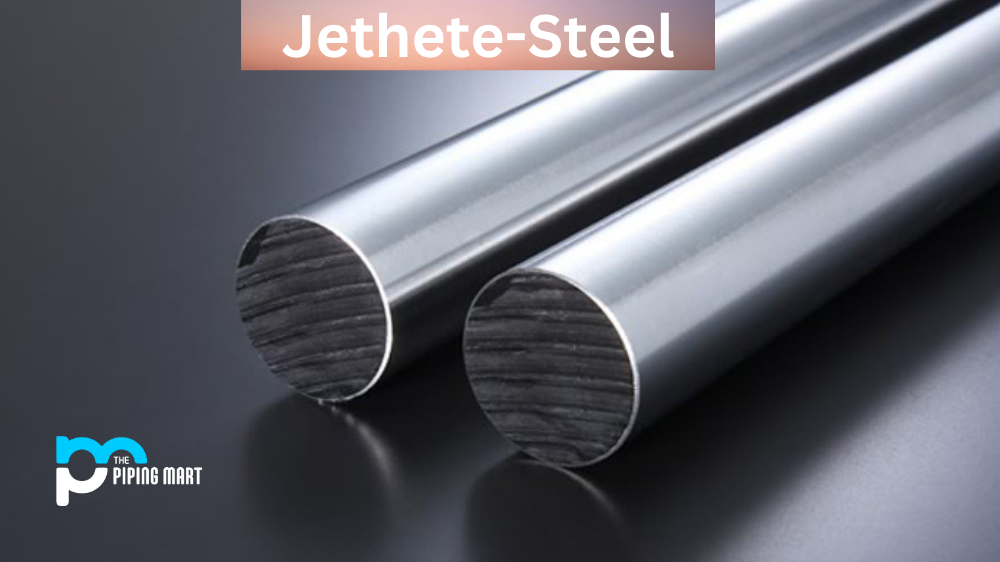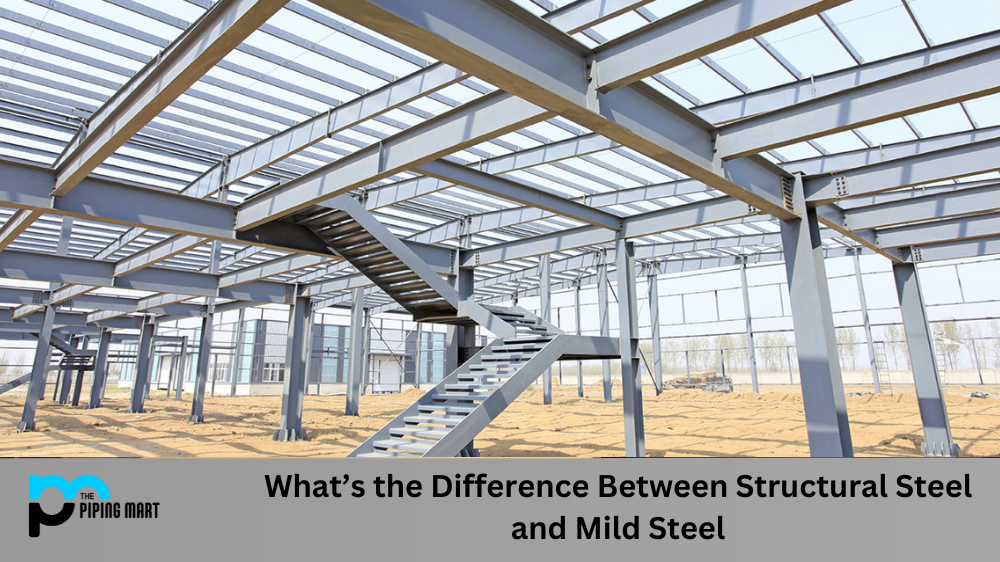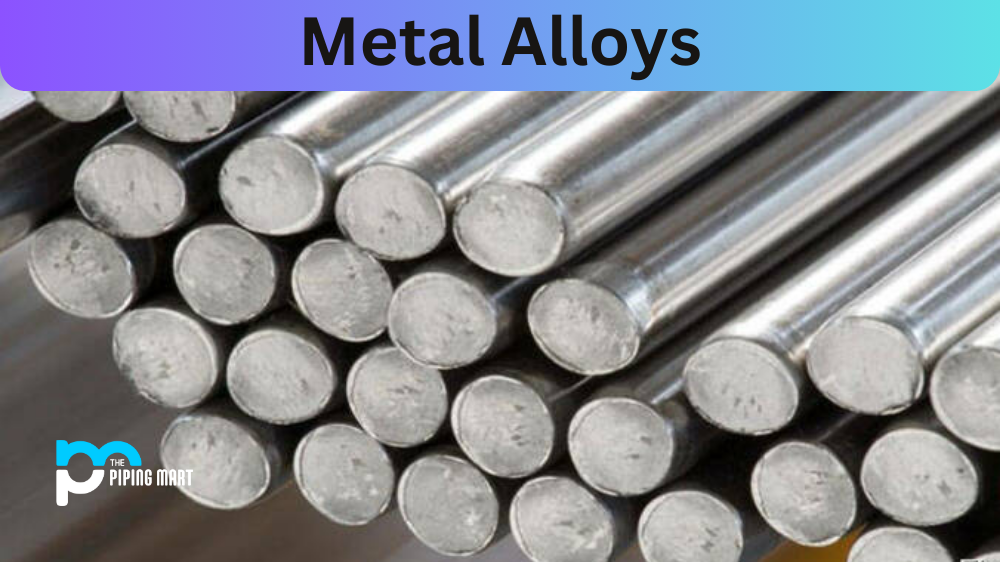Free Machining Coppers are a type of copper alloy designed to facilitate machining processes. These alloys are made up of copper and several other metals, such as zinc or tin that can be easily cut or shaped with standard metalworking tools. In this blog post, we’ll take a closer look at the composition, mechanical properties, physical properties, and uses of Free Machining copper.
Composition
Free-Machining Coppers are composed primarily of copper with small amounts of other elements such as lead, sulfur, phosphorus, arsenic and antimony. Copper has the highest electrical conductivity of any metal and is used in many electronic components because it can easily be formed into various shapes. The addition of these other elements makes the alloy more machinable than pure copper. It also adds strength and corrosion resistance to the alloy.
Mechanical Properties
The mechanical properties of Free-Machining copper depend on the various metals present in the alloy and their relative concentrations. Generally speaking, these alloys have good ductility and strength while also being resistant to corrosion and wear. They are also quite malleable, so they can be easily formed into complex shapes without compromising structural integrity. Additionally, they possess excellent electrical conductivity properties, which make them ideal for use in electronic applications.
Physical Properties
The physical properties of Free-Machining copper vary slightly depending on their composition, but generally speaking, they have a bright yellow colour and shine when polished or buffed. They can also be electroplated with gold or silver if desired to give them an even brighter finish that is resistant to corrosion from water or salt air exposure. The density is on par with most other coppers at 8 g/cm3 (0.29 lb/in3) while its melting point is around 1083°C (1981°F).
Uses
Free-Machining Coppers are commonly used in automotive parts due to their ability to be easily machined without losing structural integrity or durability. They are also often used in electrical components due to their high electrical conductivity as well as plumbing fittings like valves and fixtures because they are highly resistant to corrosion from water exposure. Lastly, these alloys can also be used in jewelry making due to their attractive lustre when polished or buffed properly.
Conclusion:
Overall, free-machining coppers provide an excellent solution for applications requiring a high degree of machinability combined with good structural integrity and electrical conductivity properties at an affordable cost compared to other copper alloys available on the market today. Their ease of use makes them ideal for use in a wide range of industries, including automotive parts manufacturing, plumbing fixtures production, jewelry making, electronics assembly and more! Whether you’re looking for a cost-effective solution for your next project or just want an easy way to get impressive results quickly – free machining coppers may just be what you need!

Pipingmart is a B2B portal that specializes in metal, industrial and piping items. Additionally, we share the latest information and information about materials, products and various types of grades to assist businesses that are involved in this business.




